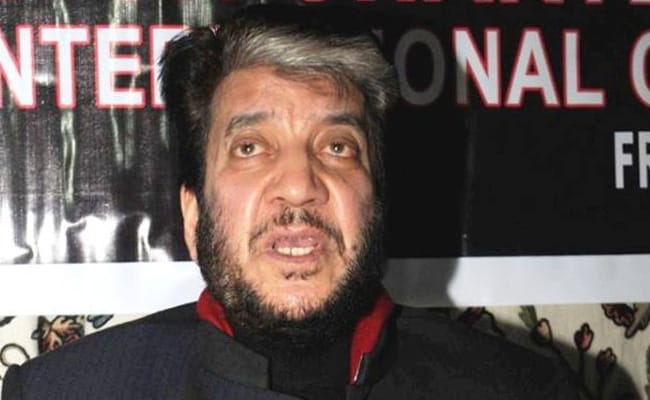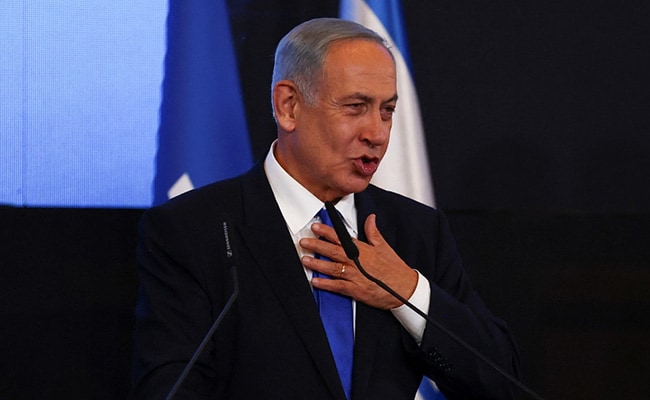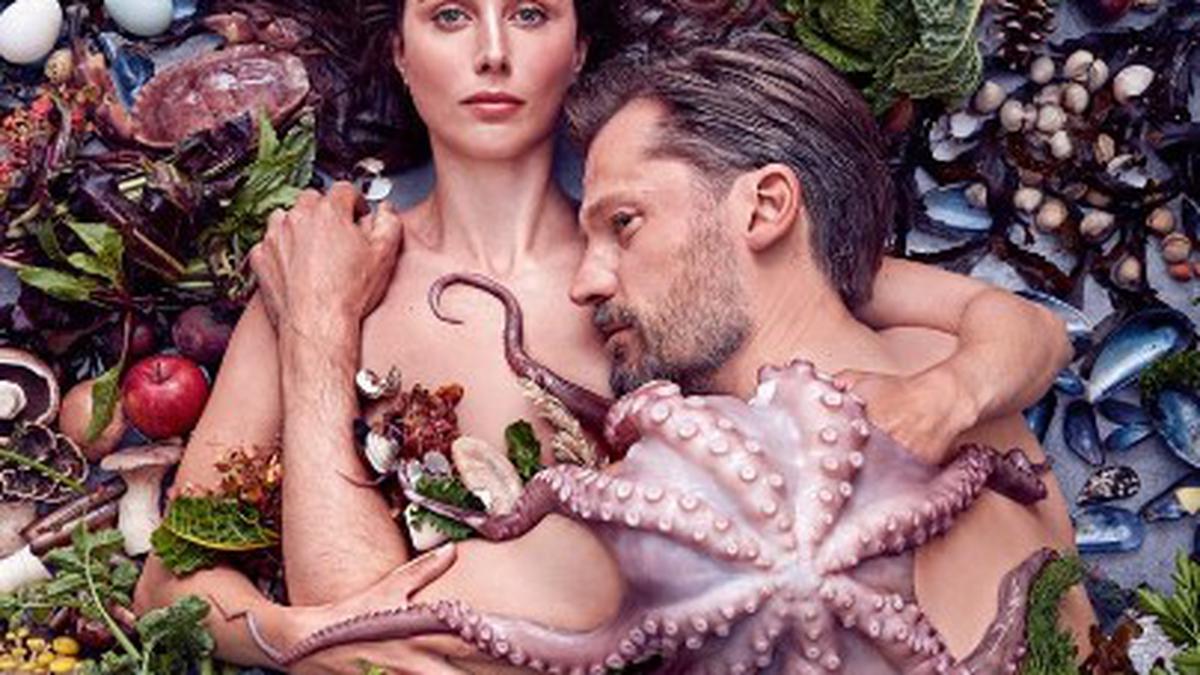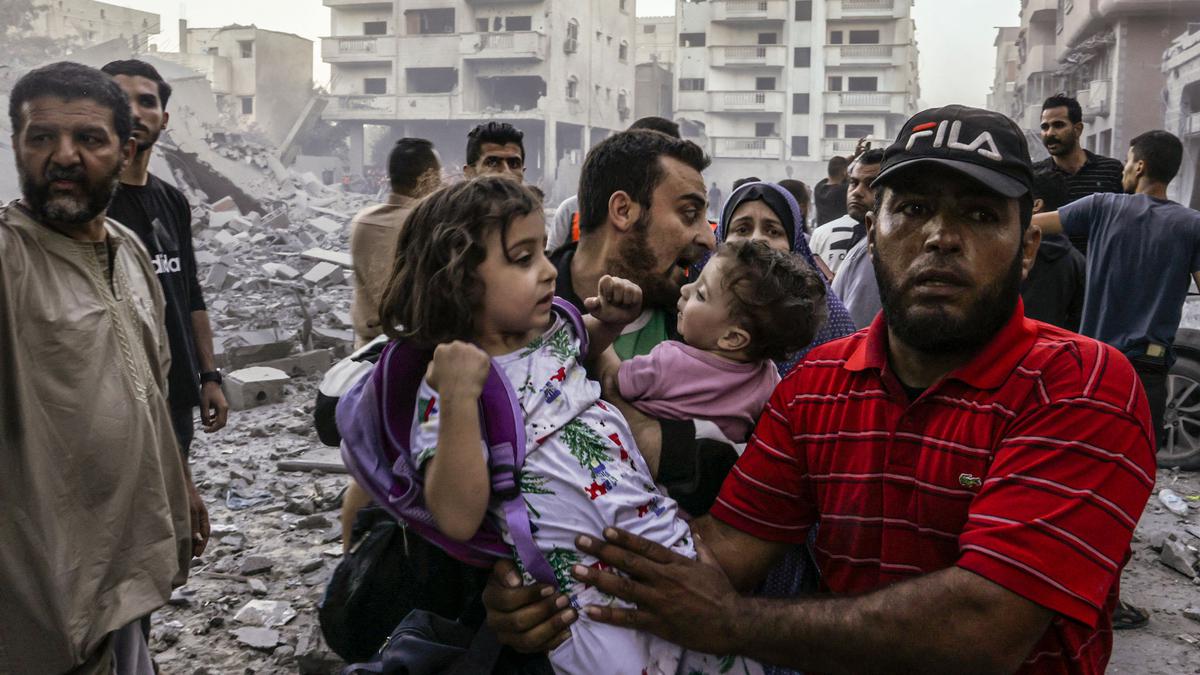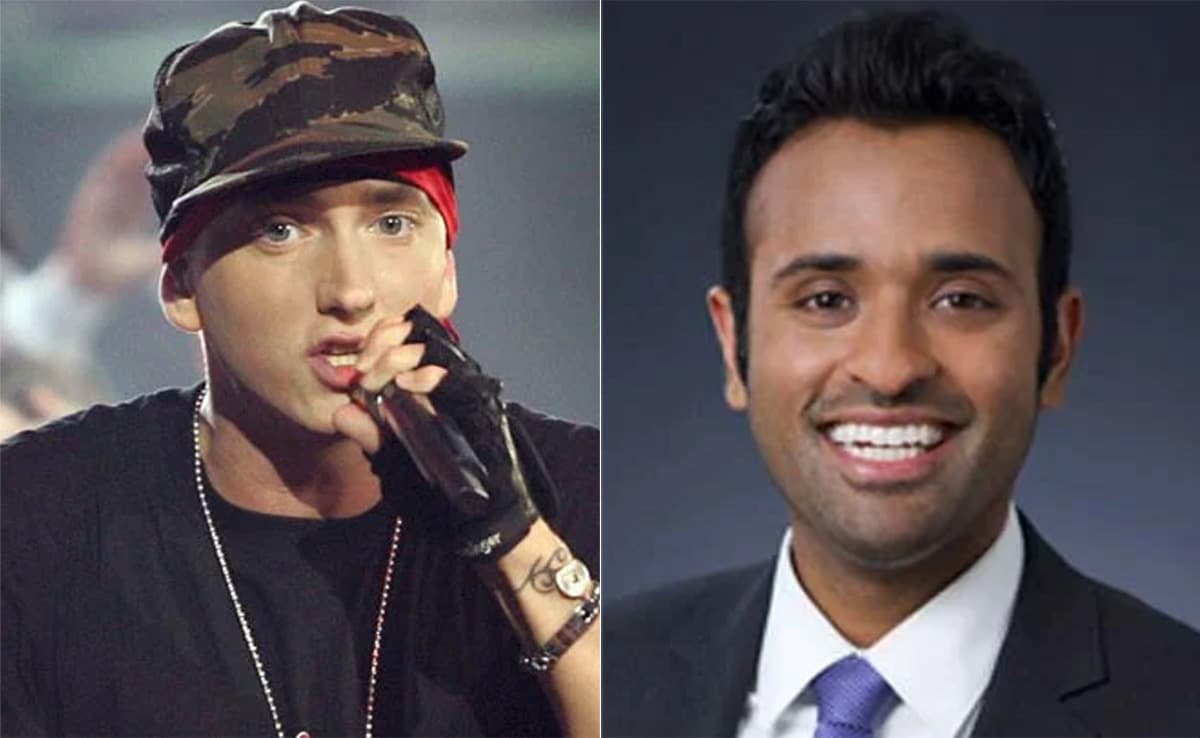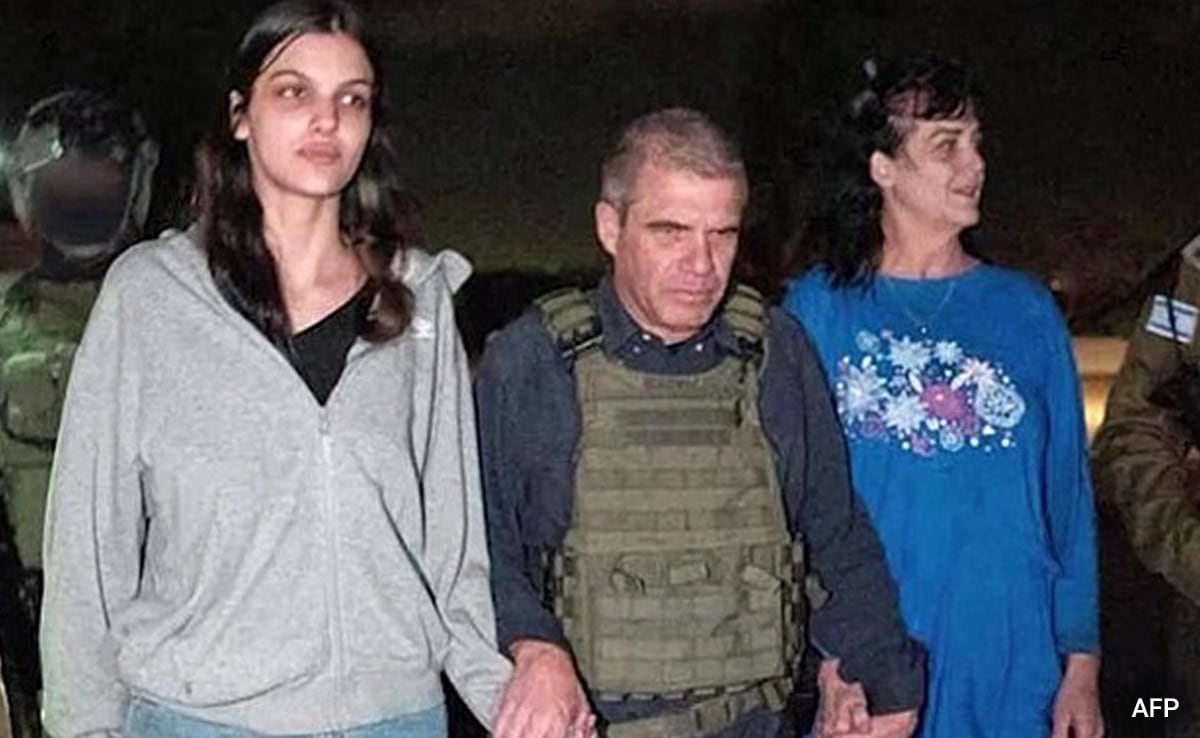A defeated-looking drama teacher walks into a French high-security jail to take up an unconventional job. He decides to reprise a production of Waiting for Godot, with prisoners – a seemingly strange move that raises the eyebrows of the prison authorities. But Étienne Carboni, the drama teacher played by French-Algerian filmmaker and actor Kad Merad, is relentless and goes ahead with his plan. The film, titled The Big Hit in English, is a prison comedy. In its final act, however, it delves into Samuel Beckett’s theme of modern life often lived in anticipation of something that never comes – something that doesn’t exist in the present but remains always beyond the horizon, something coming tomorrow. The story is meant for a cultivated audience familiar with an underlying theme of absurdity and futility.
On the evening of the final show by Étienne, most prisoners disappear from the venue to savour the moments of freedom, leaving the teacher in utter frustration. Then, Étienne walks onto the stage to the murmurs of the shocked audience, turning the evening into glorious moments for himself with his monologue and connecting the “crazy” episode to quiet tragedy in human existence. The film is not hopeless, though. The day brings Étienne closer to his daughter in a replay of redemption at the end of the film.
The theme driven by the raw energy of prisoners was among a series of European films screened last week in Dhaka, but it passed off quietly in a city now feverish with Shah Rukh Khan’s blockbuster Jawan. The show invited Valerio Caruso, Belgium-based director of Cineuropa, a website which promotes European films around the world, to hold a masterclass remotely.
In an interview, Mr. Caruso said European films often thrive in the freer atmosphere of nonlinear storytelling. Most American films, on the other hand, are bound by the classical rules of screenwriting – the plots have a protagonist and an antagonist and the protagonist must reach a goal. The theme plays out in a simplified, often linear format: the protagonist encounters and overcomes obstacles in reaching this goal.
By contrast, European stories may come with a sporadic narrative structure. “So there is not a beginning, a middle and the end. There is no necessary goal on the protagonist’s side,” Mr. Caruso said.
A Taste of Hunger, an engaging Danish film, unfolds in a series of flashbacks, pointing to early sweetness in a disillusioned couple’s lives and making a jarring contrast to the present. It’s about a man and his wife always in relentless pursuit of perfection in the culinary business, ignoring other dimensions of their lives. Carsten and his wife Maggi lurch from a passionate relationship to bitterness after sexual betrayal. They seem hungry for great food and even hungrier for a star from Michelin, one of the highest honours restaurants can get. They try to make the most of rare private moments, but panic overshadows marital bliss.
Carsten and Maggi face a crisis after a man they believe to be a Michelin scout has been served a spoilt ingredient at their restaurant. That means the restaurant will never be able to earn the accolade they desperately want.
To many, the story’s back-and-forth flashback structure may feel unnecessary. The subplots likewise come across as distractions — one sequence involving one of their children going missing feels out of context.
One of the compelling films is I Am Zlatan, an inspiring story of triumph over adversity. Football has possibly saved Zlatan Ibrahimovic from a life of crimes. A disrupting boy in school and bad-tempered on the pitch, Zlatan is a symbol of how to reach a peak despite being inadequate, alone and hungry. A top-scoring striker and captain of the Swedish national team, he has dominated the world’s most storied teams, including Ajax, Juventus, Inter Milan, Barcelona, AC Milan, and Paris Saint-Germain. He became one of football’s brightest stars, but his life wasn’t always so charming.
Born to Balkan immigrants who divorced when he was a toddler, Zlatan learnt self-reliance from his rough-and-tumble neighbourhood. While his father, a Bosnian Muslim, drank to forget the war back home, his mother’s household was engulfed in chaos. Football was Zlatan’s release.
The film offers glimpses into darker possibilities so that humans can turn anger into a triumphant battle against naysayers. Mixing in street moves and trick plays, Zlatan was a wild talent who rode to practice on stolen bikes. Goal by astonishing goal, the brash young outsider grew into an unlikely prodigy and, by his early twenties, an international phenomenon.
European films seem anchored in reality. “Racism in the neighbourhood or a big city is one of the many themes. There are a bit darker themes — violence, criminality and prostitution,” Mr. Caruso said. “In Europe, sometimes you just film the reality — for example, the situation of immigrants who are arriving in Europe.”
Mally Can Fly, a short film from the Netherlands, is based on a similar theme – a life ambitious to build a career in basketball but constrained by a lack of money. Reinout Hellenthal, a Dutch producer and director of Indonesian descent, transforms the story into a source of inspiration as Malika overcomes the financial hurdle.
There was a dose of comedy in the Dhaka show. In La Page Blanche , Eloise is sitting alone on a bench in Paris. To her dismay, she realises that she doesn’t know her surroundings — a familiar road seems unknown. She can’t remember who she is or where she comes from — no memories of her past.
Her friends, her job, her family, her life: she truly is a mystery to herself. Patching a few pieces together, Eloise manages to find her flat and her job. As the days go by, Eloise rediscovers herself. Eloise realises her amnesia is an opportunity for a fresh start.
What does the European film show achieve? Maybe not much. But the audience will always relate to these unforgettable characters in their memories.
(Arun Devnath is a journalist based in Dhaka)


